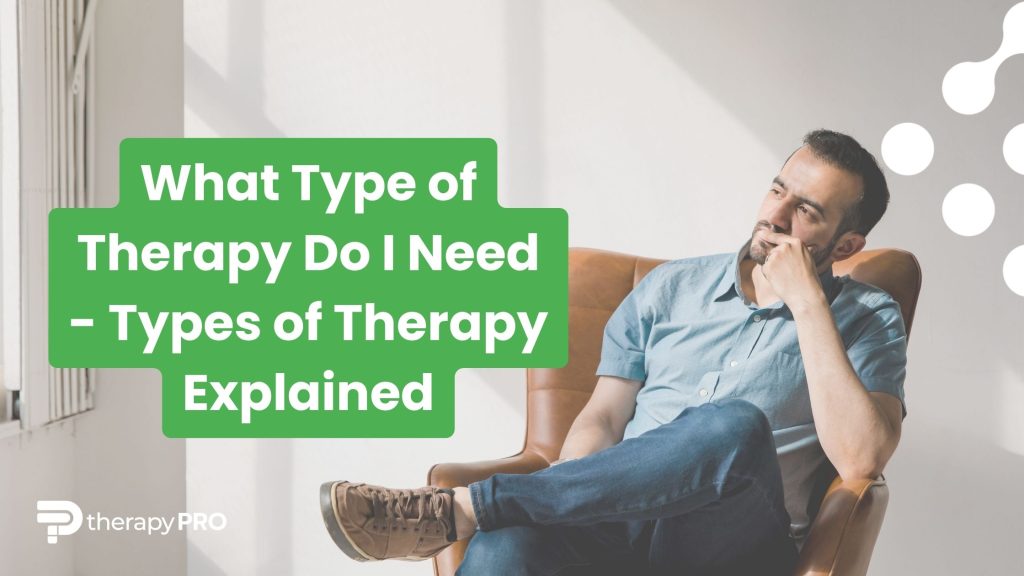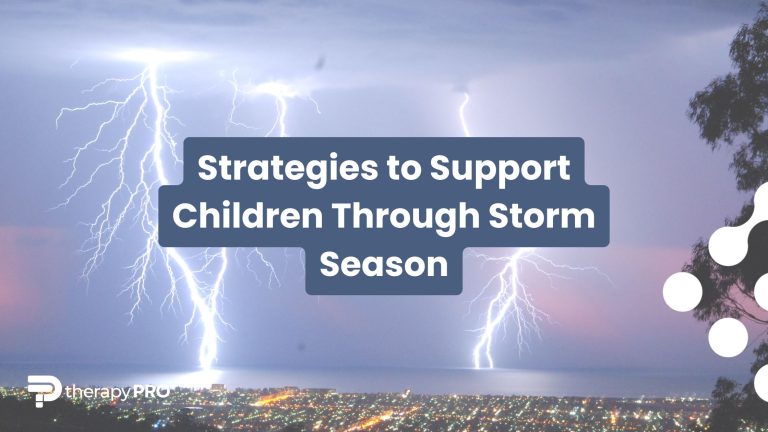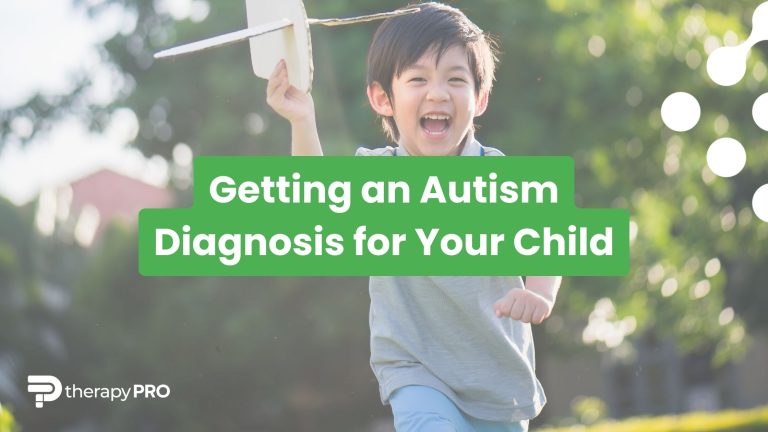What Type of Therapy Do I Need?
Starting the journey toward therapy can feel overwhelming, especially when you’re not quite sure what kind of support you need. With so many terms and options like psychology, occupational therapy, speech therapy, and behaviour support floating around, it’s easy to feel stuck before you even begin.
The good news? You don’t have to figure it out alone.
At Therapy Pro, we offer a free initial call to help you explore your options and better understand which type of therapy might suit you, or someone you’re supporting.
Therapy isn’t one-size-fits-all
Every person is unique, which means the type of therapy that works for one person may not be right for another. Choosing the right support depends on your goals, needs, and situation.
Whether you’re a parent concerned about your child’s development, an adult navigating emotional challenges, or someone supporting a loved one with disability, there’s a therapy option tailored to help.
The types of therapy we offer
At Therapy Pro, we support people of all ages – from babies and children through to adults and seniors. Here’s a quick breakdown of the common types of therapy we provide:
Psychology
Our psychologists support clients with emotional wellbeing, trauma, life transitions, relationships, and behavioural challenges.
They can help with things like:
- Emotional regulation and coping strategies
- Navigating anxiety, grief, or low mood
- Building self-confidence and resilience
- Psychological assessments (NDIS or otherwise)
Occupational therapy (OT)
OTs help people become more independent in their daily lives. That could mean learning new skills, adapting to changes, or overcoming sensory or physical challenges.
Common goals include:
- Supporting children with sensory sensitivities or delays
- Helping adults manage daily routines after injury or illness
- Equipment assessments and home modifications
- Building independence with self-care, work, or school tasks
Speech and language pathology
Speech and language pathologists work with people who have communication or feeding difficulties.
They might support:
- Children who are late to talk or struggle with speech clarity
- Adults recovering from stroke or managing progressive conditions
- Feeding and swallowing issues
- Social communication skills and AAC (Augmentative & Alternative Communication)
Positive behaviour support (PBS)
PBS practitioners help reduce behaviours of concern and improve quality of life through proactive, person-centred strategies.
This support is often helpful for:
- Children or adults with complex behavioural needs
- Families feeling overwhelmed by behavioural challenges
- Developing consistent, strengths-based support strategies
- Building skills for independence and social connection
Social Work
Social workers provide emotional support and practical help for navigating systems like NDIS, housing, or family services.
They also help with:
- Advocacy and care coordination
- Emotional support during stressful life events
- Linking clients with community resources
How do I know which one I need?
Here are a few examples that might help you narrow things down:
- “My child isn’t talking yet and I’m worried.” You’ll be looking for a speech and language pathologist
- “I need help coping with big emotions or past experiences.” A psychologist would be best placed to support you
- “My child seems overwhelmed by everyday tasks.” Consider an OT for your child
- “We’re struggling with behaviours that impact daily life.” A PBSP is perfectly placed to support
- “I’m navigating a complicated housing situation and feel lost.” Start with a social worker
Sometimes, people benefit from a combination of services, for example, a child might work with both an OT and a speech pathologist. Therapy Pro have a strong focus on offering multidisciplinary team support to clients.
The key takeaway? You don’t have to figure this out alone.
Let’s talk it through with no pressure to proceed
Choosing the right type of therapy and the right therapist for you starts with a conversation. That’s why we offer a free initial call – a friendly, no-pressure way to explore your goals, talk through concerns, and understand your options.
We’ll listen, ask a few questions, and guide you to the best place to start.
Take the first step today
Not sure what type of therapy you or your loved one needs?
Let’s talk. Book your initial free therapy call and find out how we can support you.




